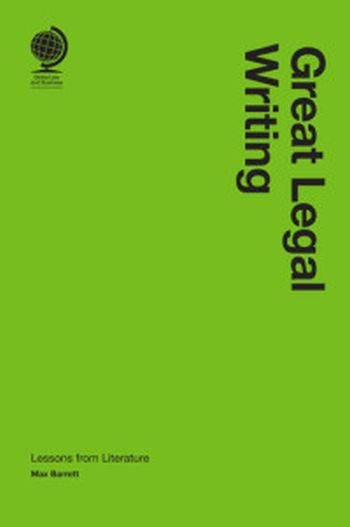
Legal prose is often a more pedestrian venture than a novel or a poem. However, even the pedestrian can be done well. The views of the professional writers considered in this book identify how lawyers can write legal prose well, and sometimes even beautifully.
This book provides key lessons on legal writing that can be gleaned from various leading authors of the past and brought to bear in crafting more polished legal texts. Among the great authors considered are Joseph Conrad, Guy de Maupassant, E.M. Forster, Thomas Hardy, Henry James, D.H. Lawrence, Robert Louis Stevenson and Virginia Woolf. Central themes identified are:
This book contains invaluable guidance to help all those involved in legal writing to hone their writing skills, while providing an engaging tour through the works of great authors from the past.